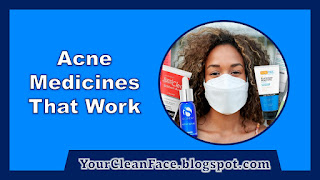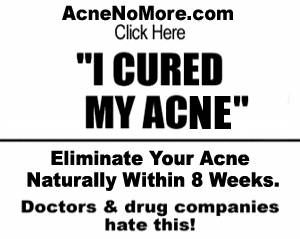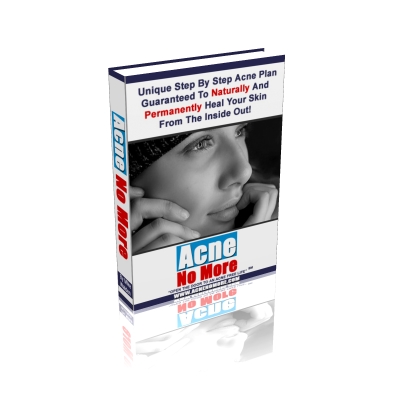Acne Creams: Fighting Bacterial Infection
Acne, a common skin condition, occurs due to the blockage of sebum gland follicle duct. The infection is caused by P.Acnes, a naturally occurring bacterium on the skin. Fortunately, there are several effective medicines available in the market to treat acne. These medications come in various forms such as creams, lotions, cleansers, pills, and injections. In this article, we will explore the different acne medicines and their ingredients, providing you with valuable information to make informed choices for acne treatment.
Acne creams play a significant role in combating bacterial infections. Some of the key ingredients found in these creams include benzoyl peroxide, triclosan, and chlorhexidine gluconate. These antibacterial agents work effectively to eliminate the bacteria responsible for acne. Among them, benzoyl peroxide acne lotion is particularly renowned for its high success rate, which reaches nearly 75%.
Visit: Ask the Expert About Preventing Seasonal Acne
Acne Lotions: Exfoliating and Opening Pores
When it comes to mild to moderate acne, acne lotions are highly recommended. These lotions usually contain salicylic acid, glycolic acid, and other mild acids that work by exfoliating the skin at a micro level. This process aids in opening up clogged pores, preventing further breakouts.
Antibiotics: Tackling Bacterial Growth
Erythromycin, clindamycin, and tetracycline are common antibiotics used to combat acne. They can be applied topically as acne lotions or taken orally in the form of pills. Antibiotics effectively target the bacteria causing acne. However, it is important to note that P.Acnes has developed resistance to many antibiotics. Therefore, these medications are primarily prescribed for severe cases of acne, often used in conjunction with benzoyl peroxide acne lotion.
Hormonal Treatment: Regulating Sebum Production
For individuals undergoing hormonal changes, such as women with hormonal acne, hormone treatment can be highly effective. Medications like cyproterone, drospirenone, and cortisone are designed to reduce sebum production. Hormonal treatments are particularly useful for regulating excess oil and hormonal imbalances associated with acne.
Retinoids: Regulating Follicle Cell Life Cycle
Retinoids, available in the form of acne lotions or creams, are another effective treatment for acne. Commonly used retinoids include tretinoin, adapalene, retinol, and isotretinoin. These medications are formulated to regulate the life cycle of follicle cells, preventing hyperkeratinization and reducing the risk of pore blockage.
The Importance of Professional Advice
While many acne medications are available over the counter, self-medication can be risky. It is essential to consult a healthcare professional or dermatologist before using any of the listed medicines. They will assess your specific condition and recommend the most suitable treatment for your acne.
Complementary Dietary Supplements
In addition to conventional medications, there are various dietary supplements available in the market that can support acne treatment. One such example is Acuzine, which aids in the recovery process by providing essential nutrients to the skin. These supplements often contain antioxidants, vitamins E and C, hydrolyzed collagen, ALA, DMAE, Aloe vera, Bioperine, and other beneficial ingredients.
A Holistic Approach: Acne No More
If you're seeking a natural and permanent solution for acne, you may want to explore Mike Walden's holistic acne system, known as "Acne No More." This comprehensive guide contains a wealth of valuable information, spanning 223 pages, on how to eliminate acne without relying on drugs, creams, or gimmicks. The resource offers honest and straightforward advice, free from the exaggerated claims and misinformation commonly found online. For more information, visit the official website [AcneNoMore.com].
In conclusion, treating acne requires a multifaceted approach that combines effective medications, professional guidance, and complementary supplements. Acne creams, lotions, cleansers, pills, and injections offer a range of options to combat acne and restore skin health. Remember, it's crucial to consult with a healthcare professional before initiating any treatment regimen. By taking the right steps and following expert advice, you can achieve clearer, healthier skin and regain your confidence.



















0 Comments